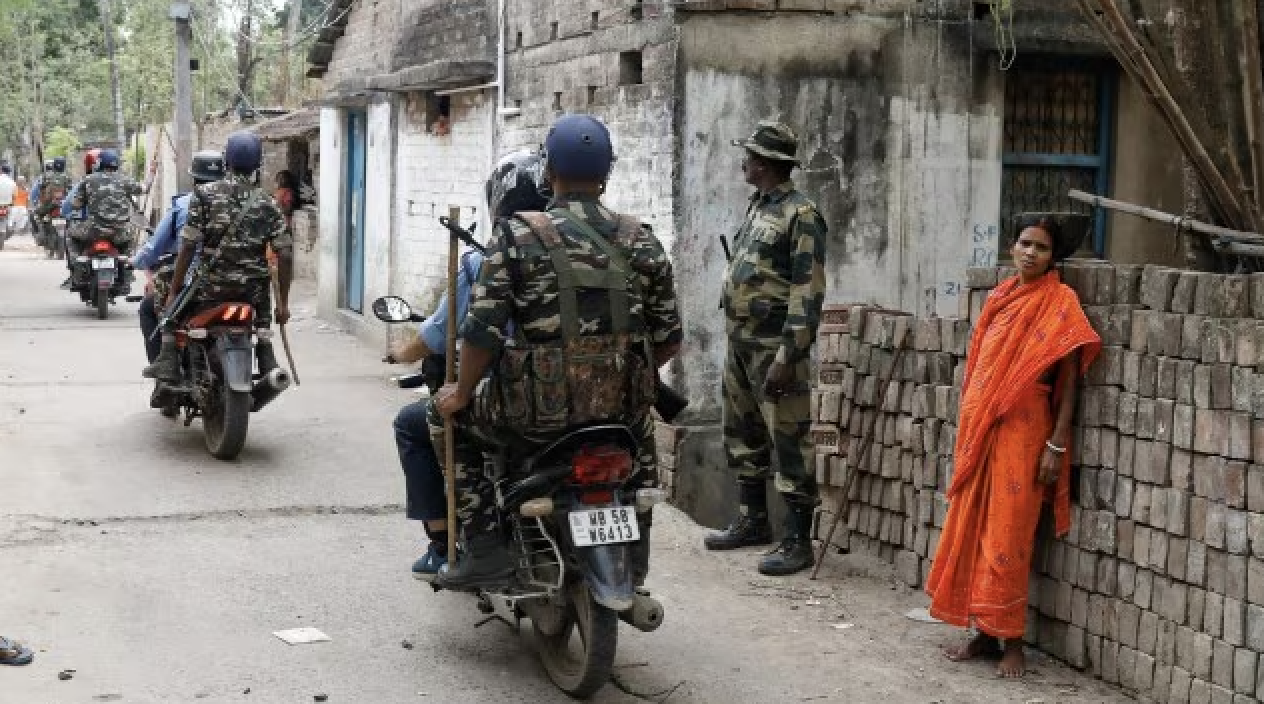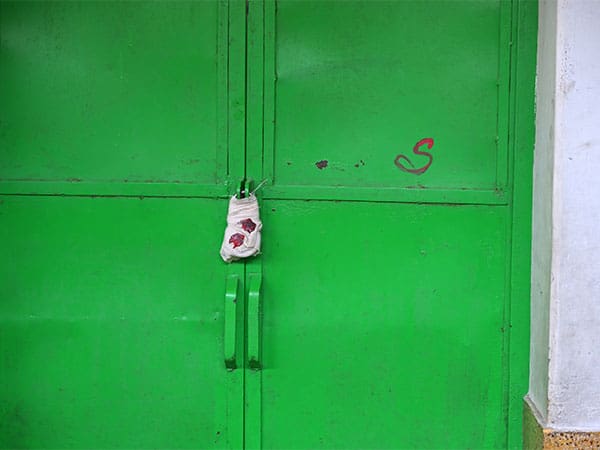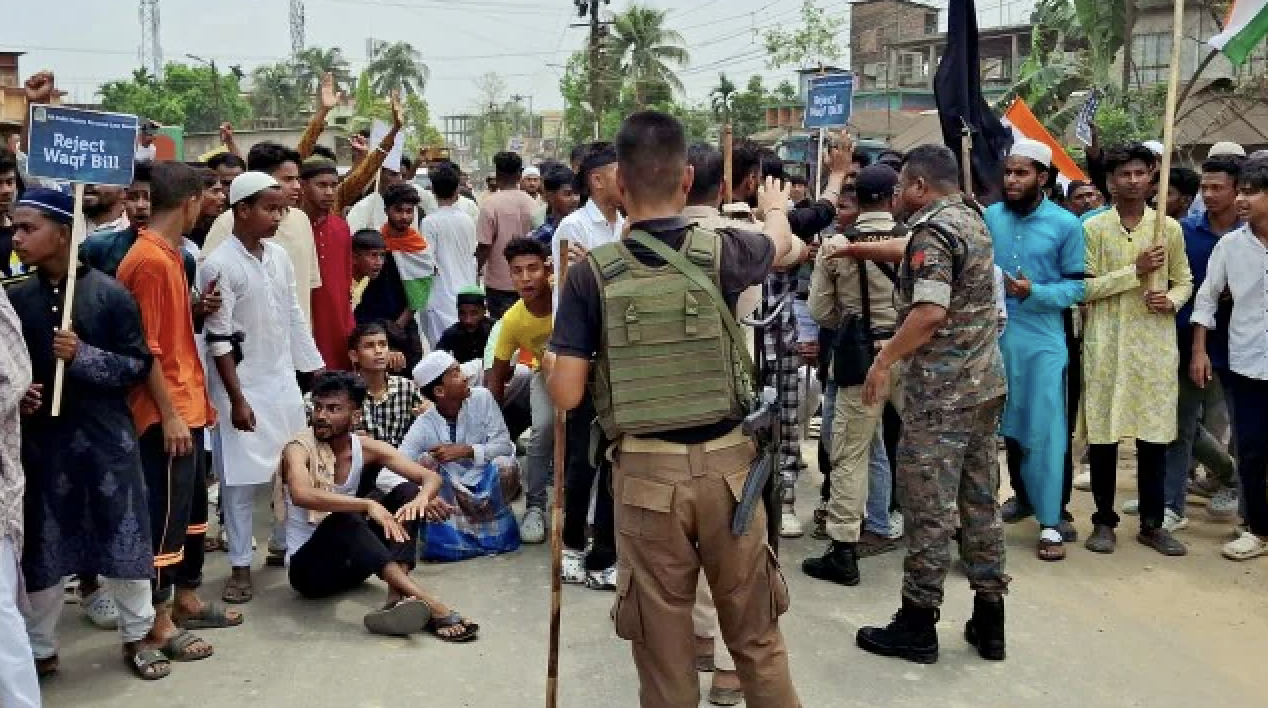
By Tanishka Sodhi / News Laundry
On September 26, the district magistrate of Doda in Jammu and Kashmir issued an order asking local journalists to submit their “personal details”.
Not just basic information like phone number and address, but domicile certificate, monthly salary, educational qualification, employer’s contact details and even their registration certificate. The journalists are expected to “furnish the requisite information at the earliest”.
This isn’t the first such order issued in Jammu. In May, the Ramban district magistrate directed the local police to identify “fake media groups”, collect their personal details and “verify their antecedents”.
Around the same time, the Jammu and Kashmir High Court told the union territory’s administration to consider setting up a regulatory body for news outlets on social media. The court said the administration should take action “most expeditiously to curb the circulation of fake news, which tarnishes the image of real journalists”.
The Doda order appears to be in keeping with that sentiment: to crack down on what several journalists in Jammu called a “few rotten apples”. They told Newslaundry that digital media in Jammu desperately needed regulation.
“There has been a mushrooming of media portals in Jammu. Anyone can create one on social media,” said Bivek Mathur of 101Reporters. “Many of them use blackmail and unfair means for personal gain. Because of them, our names are getting spoiled.”
“Anyone with a mobile phone can gain access to government offices, citing Facebook pages and using pressure tactics,” said Mohit Khandari, a journalist in Jammu with BBC Hindi. “At every presser you go to, there are at least 50-odd people who are not from the mainstream media. There are a lot of people doing good work as well, but benefits and support are not given since it is not a regulated industry.”
Ashraf Wani, the district information officer of Doda, told Newslaundry that the order applies to journalists across print, TV and on social media. So far 67 people have provided their details, Wani added. He believes that’s all the media personnel in the district.
The police’s Criminal Investigation Department will verify the information. “Then a committee will sit and make final decisions,” Wani said. “After receiving representations from local journalists we have kept salary and other sources of income as an optional column.”
Wani said the order was issued because Doda is a “sensitive district” and there had been instances in the past where matters were “communalised” or misinformation spread.
“This had started creating a law and order situation,” he said, adding that the administration would “ensure” it does not lead to a clampdown on the freedom of expression.
This story was originally published in newslaundry.com . Read the full story here






